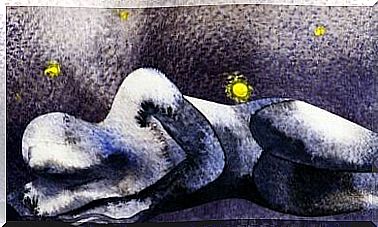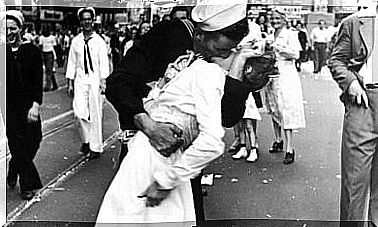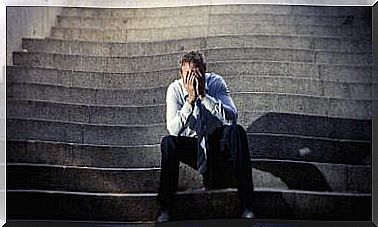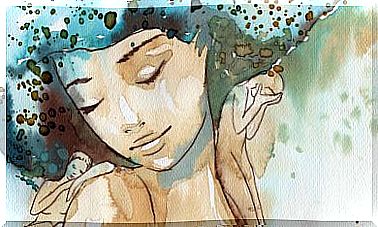The Riddles Our Dreams Hold
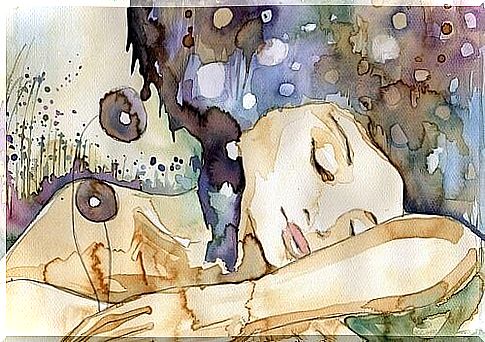
Some people choose to ignore dreams and others give them too much attention; they believe that dreams are the desperate cry of what is left unsaid when we are awake. The truth is that there are several theories and researches regarding dreams and so there are many hypotheses about what happens in our minds while we sleep.
Why do we dream? What do our dreams mean? Where do the images that pop into our minds come from? How are nightmares formed? The answers are not simple and for some of them no scientifically proven answers have yet been found. In this article we talk about answers proven by researchers.
The dreams: beyond the REM phase
We are not going to talk here about the stages of sleep we go through when we close our eyes to rest, but what happens in our mind in relation to these images that appear, often without meaning or explanation.
Some studies suggest that everything we do during the day is accumulated in a specific area of the brain and “surfaces” when we sleep, in a confusing, symbolic and incoherent way. It could be a story we read, a walk with friends, an argument with a partner, a movie or a building that caught our attention while we were going to work, etc.
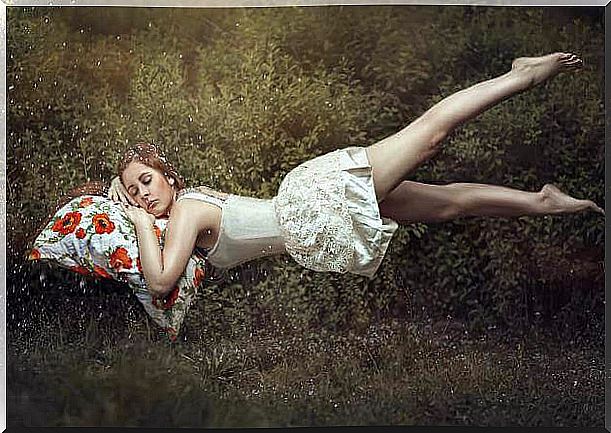
The images, sounds, memories and experiences come together to form a dream, as if it were a summary of everything that has happened. But it is not just made up of current situations; they are memories of the past, events that happened some time ago or people we have just met.
the experience of dreaming
We all dream, but we can’t always remember dreams. When we try to tell or write about a dream, we lack pieces to put together a puzzle that has some meaning or is close to reality. Nobody can portray them in detail and accurately; we can’t remember everything when we wake up.
According to Allan Hobson, the mental activity we maintain while dreaming is very similar to what would happen if we were acting this way in real life, although there are certain elements that are impossible in a waking state (eg, seeing a deceased family member, flying like a bird or see us as children, even if we are adults).
When we dream, it is not only the brain that comes into play, but also the feelings and muscles. Fear, happiness and uncertainty rule us; we may wake up with tachycardia, drenched in sweat and breathing hard. But most of the time, dreams happen “randomly” and silently disappear when we wake up and open our eyes.
Why? It all depends on the stage of sleep we are in. If we are in the REM phase, the images and experiences are very sharp, extensive and perceptive. Often we cannot distinguish dream from reality. On the other hand, in the NREM phase there will be fewer images and more scenes typical of everyday life (at work, cooking, in the park, etc).
What is the function of dreams?
If we refer to the physiological level, the main purpose of rest is to repair the body to keep it healthy. Dreams have to do with the psychological part because they are often emotionally charged.
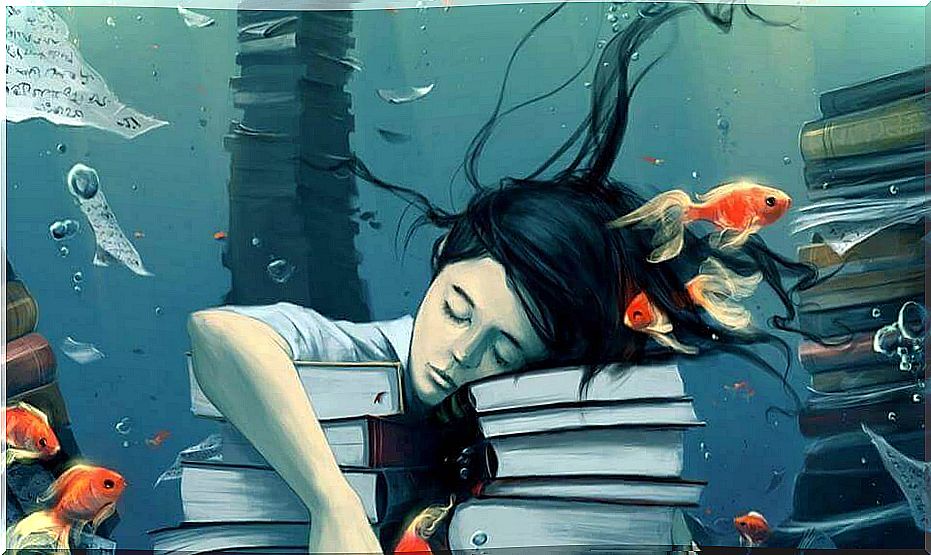
Some studies have shown that dreams consolidate memory and help restore memories effectively. There are some theories that claim that dreams provide the brain stimulation needed to wake up from a deep sleep and activate the “brain circuits” associated with emotions.
dreams and their theories
From the studies of Sigmund Freud, who was convinced that dreams are a disguise for repressed desires, “a lot of water ran under the bridge”, as it is popularly said. New theories emerged in the 20th century that confirm or refute the hypotheses of the so-called “father of psychoanalysis”.
One is by Harvard psychologist Deirdre Barrett, who says that dreams help us solve problems while we’re sleeping. This means that human beings have evolved to the point of solving all kinds of problems while they sleep. How nice it would be if that really happened!
The truth is that dreams are very visual, but not very logical. So, for them to really help us in solving the problems, they would have to be analyzed in more depth. So far so good, but remember that we only remember part of them. According to this theory, the dream is another way of thinking and could give us a “plan b” for solving our problems.
In addition, psychiatrist Zhang Jie proposed another idea about dreams and their functions. According to this professional, the brain stores memories all the time, whether you are asleep or awake.
This means that dreams are like the thoughts or memories that come to our minds when we have our eyes open. Have you ever found yourself “daydreaming”? Something similar happens when you lie down to sleep, only in this case it could be an unconscious activity that we cannot control.
